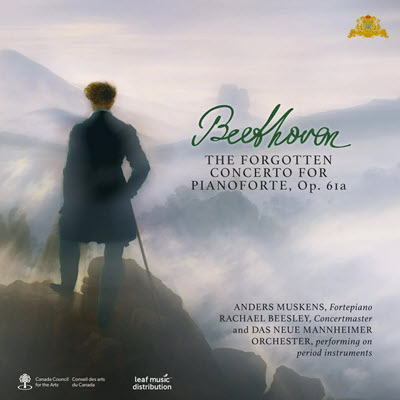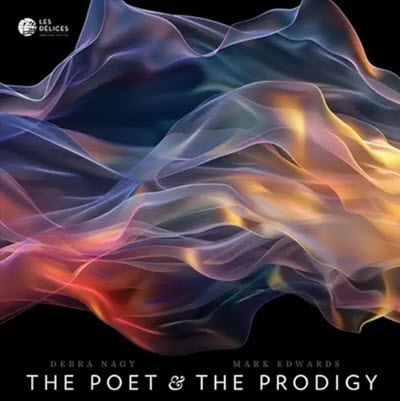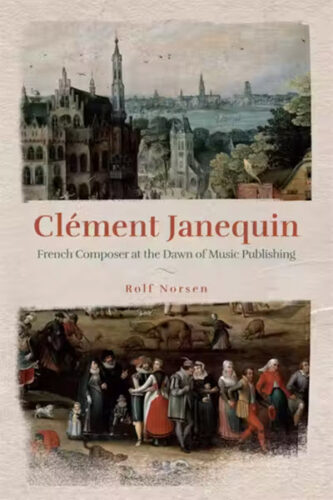by Pamela Dellal
Published September 15, 2023
Bach Against Modernity by Michael Marissen. Oxford University Press, 2023. 179 pages.
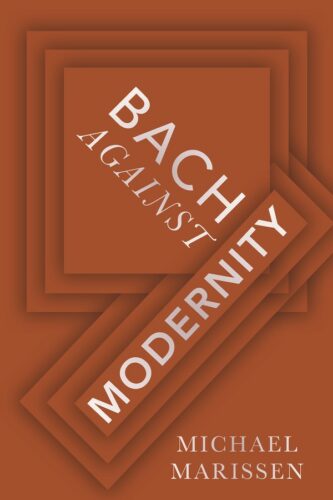 Bach Against Modernity is the latest in a series of writings by Michael Marissen, one of the most highly respected scholars working in the field of Bach studies. Marissen has previously made headlines with his book, and provocative articles, examining the troubling question of Bach and antisemitism in the St. John Passion and other sacred works. In this new book, a compilation of revised essays previously published elsewhere, Marissen doubles down on his vigorous assertions that Bach cannot, and should not, be viewed through a modernist or secularist lens. Rather, as Marissen states firmly in his title essay, Bach’s compositions, theology, and personal philosophy are all diametrically opposed to contemporary values of inclusivity, equality, humanism, and universal love.
Bach Against Modernity is the latest in a series of writings by Michael Marissen, one of the most highly respected scholars working in the field of Bach studies. Marissen has previously made headlines with his book, and provocative articles, examining the troubling question of Bach and antisemitism in the St. John Passion and other sacred works. In this new book, a compilation of revised essays previously published elsewhere, Marissen doubles down on his vigorous assertions that Bach cannot, and should not, be viewed through a modernist or secularist lens. Rather, as Marissen states firmly in his title essay, Bach’s compositions, theology, and personal philosophy are all diametrically opposed to contemporary values of inclusivity, equality, humanism, and universal love.
Marissen draws his conclusions, in part, from a close examination of the 18th-century libretti used in Bach’s vocal works and, in particular, the authenticated notes found in the margins of a Bible with commentary by Abraham Calov that belonged in Bach’s library. In the book’s second essay, “Bach’s Handwritten Entries in his Bible,” Marissen refutes many claims he views as unsupportable by referencing annotations in Bach’s own hand. Here we are given a portrait of Bach as a paterfamilias overseeing nightly recitations of Biblical passages, furiously correcting errors in the text from his own memory, and emphasizing many of the harsher, more unforgiving aspects of Lutheran thought and spirituality. We are told, in pugnacious and pointed terms, not to soften or assimilate this figure to our own wishes or preferences, no matter how much we may find inspiration, solace, or transcendence in his art.
A large portion of this volume is devoted to a significant, and ongoing, project to provide new translations of the Bach libretti, in collaboration with Marissen’s colleague Daniel R. Melamed. In the chapter “Historically Informed Readings of the Librettos from Bach’s Cantatas,” Marissen and Melamed lay out the process for interpreting the archaic language and theology of the texts, demonstrating their methodology for discerning appropriate language in English to capture the full meaning. They make extensive comparisons with existing English translations that are currently in wide use. (Full disclosure: My work is among those referenced.)
Marissen and Melamed are at pains to demonstrate how modern German usage does not reflect the historical connotations of the words and can distort the prescribed theology embedded in the texts. To that end, the translations presented are highly annotated, with footnotes, explanatory brackets, and elaborations. For example, Marissen and Melamed seem very concerned that pronouns are liable to misinterpretation, and referents for pronouns are frequently added in brackets:
Whoever offers thanks, he praises me [God]; and this is the way that I [Jesus] show him the salvation of God. (BWV 17, No.1)
Marissen’s trenchant perspective on the portrayal of Jews and Judaism in Bach’s works is also included in this volume. One essay is provocatively titled “On the Jews and their So-Called Lies in the Fourth Gospel and Bach’s St. John Passion.” The question of Bach’s possible antisemitism is continually before the Bach-loving public, and panel discussions on this topic are a pre-concert staple for performances of Bach’s oratorios.
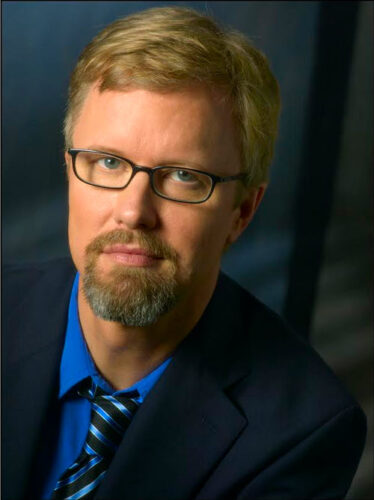
Marissen’s view on this subject is uncompromising, and unpleasant enough that the essay provided here was rejected by a major ensemble for their recording booklet. Drawing on the Bach library once again, Marissen argues that Luther’s most unpalatable views on the Jewish people, culture, and religion cannot be separated from Bach’s thought and can be traced in the sheer ferocity of the choral movements allotted to “the Jews.” Marissen dismisses other theories which posit that Leipzig in the mid-18th century embraced a more tolerant, Enlightenment perspective.
Marissen is also eager to strike down what he considers anachronistic notions of Bach as an artist composing for art’s sake, thinking of his own fame and perception in posterity. With sharp-edged wit, he frequently calls out such ideas as outlandish, pointing to evidence that Bach devotes all glory to God alone. Taking on a contemporary debate over whether Bach considered all his music sacred or surreptitiously secular, Marissen provides more nuanced definitions of these terms and aligns himself with those who hear inherent worship in all of Bach’s works, texted or untexted.
The final section of the book consists of two essays discussing the potential sacred undertones of instrumental music. One examines the potential for theological symbolism in the Brandenburg concerti; the second brings forth valuable new scholarship on the tunes in the Goldberg Variations quodlibet, arguing that one of the tunes is a sacred chorale rather than the folk tune traditionally attributed.
As is often the case with this vein of musicology, there is a paucity of essays that concern actual compositions or that examine the core of Bach’s stature as a pinnacle of Western art. In only a few brief essays are we afforded a glimpse of Marissen’s gift for musical analysis. His short commentary on the soprano aria “Was die Welt in sich hält” (from the Cantata BWV 64) is a delightful exegesis of Bach’s ability to communicate profound meaning through musical devices. Marissen outlines Bach’s use of motivic and formal elements to articulate his intent; the aria deconstructs a “worldly” gavotte as a musical epitome of the failure of the secular world to provide stability, peace, and salvation.
The most concerning aspect of Marissen’s premise is his evident disdain for people who engage deeply with Bach’s music and feel that it addresses their lives and beliefs. Marissen seems intent upon erecting barriers between the enthusiasm of these music lovers and what he perceives as Bach’s true intention. However, this does both the listeners and Bach himself a disservice: while a composer may be quite clear about his intended message and audience, great art can transcend both. Could generations of Bach lovers from diverse countries, religions, and backgrounds all be wrong about what Bach’s messages might be? The vitriol with which Marissen makes his case is in itself a caricature of the composer and his superlative ability to move listeners: while Bach may speak explicitly of conversion to one restricted lane of Christian faith, implicitly he addresses issues of profound human experience: faith, doubt, love, guilt, awe, sorrow, bliss. It is as wrong to deny that these messages are inherent in the music as it is to call Bach a modernist.
Pamela Dellal, a Boston-based singer whose career spans four continents and a repertoire of eight centuries, teaches voice, historical performance, and lyric diction at the Longy School of Music of Bard College and at the Boston Conservatory at Berklee. She is also renowned for her work as translator of the complete sacred works of J.S. Bach and vocal works of C.P.E. Bach, the latter for the complete edition of the composer’s compositions published by the Packard Humanities Institute.

